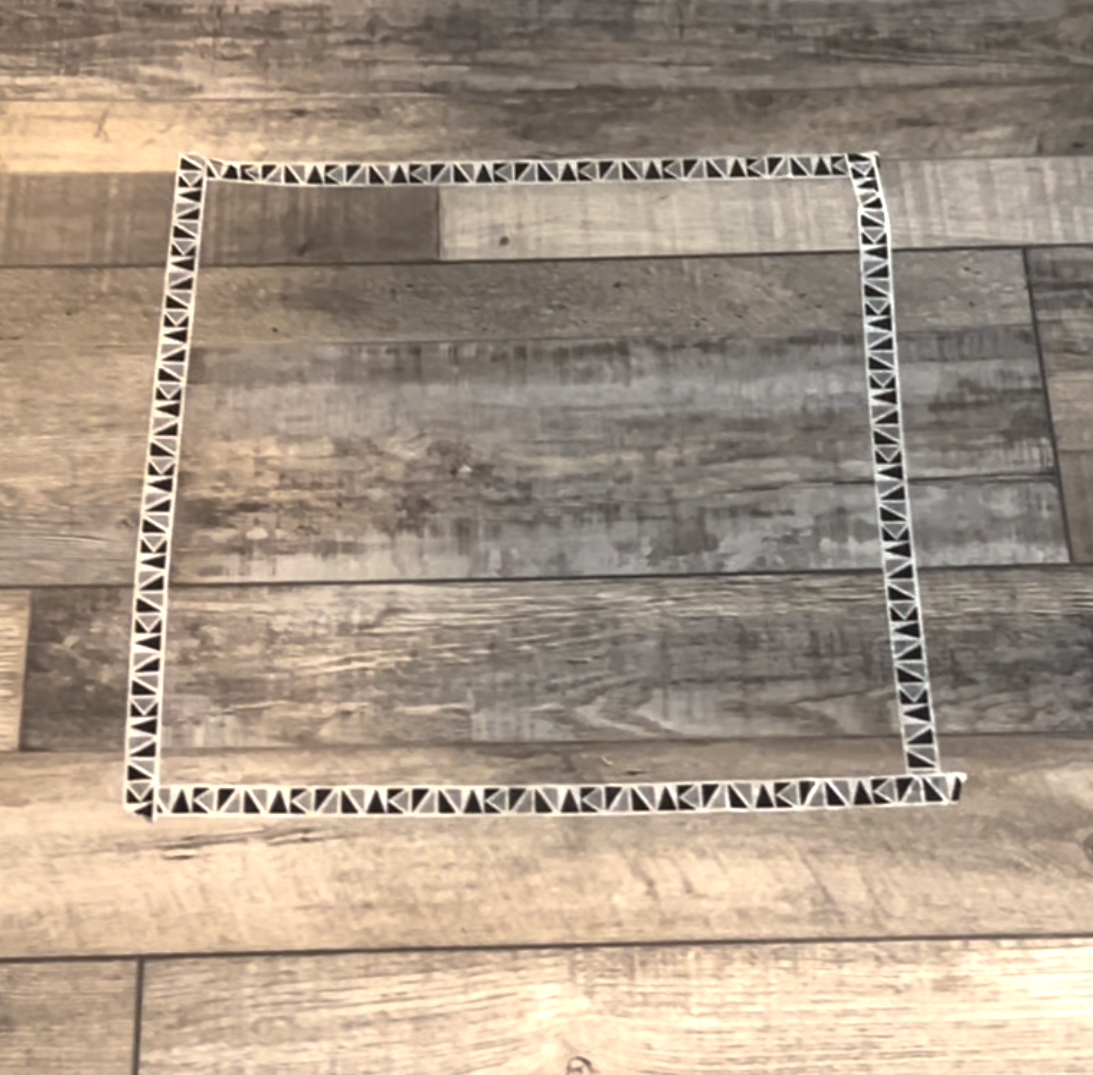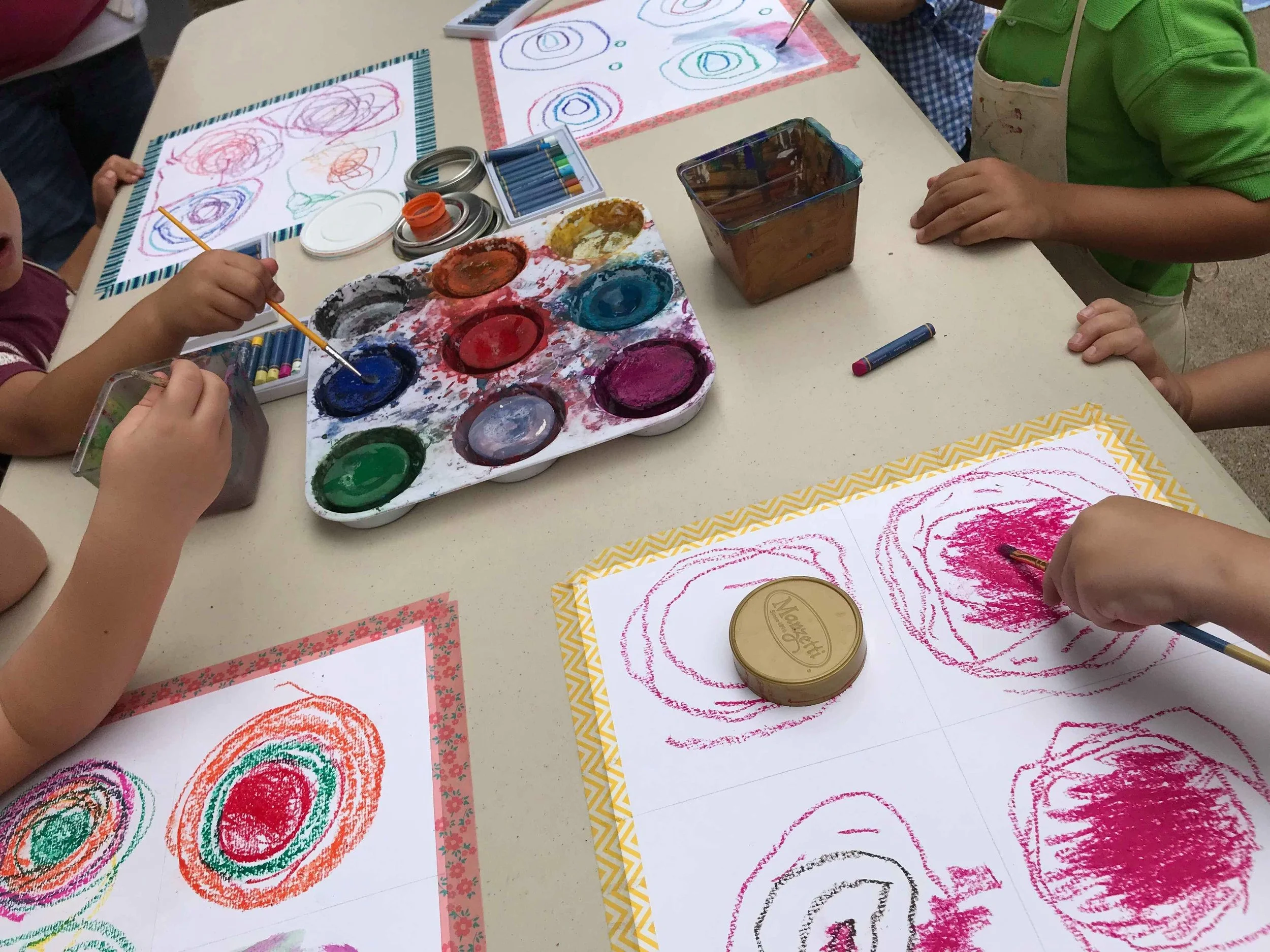
A Fun, Interactive Rhythm Game for Piano Lessons
Yesterday, I worked with one of my beginner students who often struggles to hold her half notes for the full two beats. It's a common challenge with younger students, especially when they haven’t yet felt the rhythm in their bodies. For kids, understanding rhythm is much easier when they can experience it physically. That’s why I came up with a simple game that gets them moving, and it only requires a small amount of space and some washi tape.

Summer Camps for Music Studios!
Summer camps are amazing fun for both in-person and online studios! The best thing - once you have the lesson plans, you can use them over and over in many ways! Here are some ways I have used summer camps:
1). traditional - groups of kids at my house for 3, 4, or 5 days in a row. Usually my limit is 2 1/2 - 3 hours. Hats off to those of you who do longer camps!
2) online - same thing - but on Zoom. Small groups of kids log on for successive camp sessions. In one case - I did an hour and a half session in the morning, had a break for lunch, and came back for 30-45 minutes in the afternoon. That actually worked well. In all of my online camps, students had an "at-home kit" that contained lots of goodies they could manipulate and work with during the camp!
3)one-offs. This was a great way to promote my studio in the community. I held small mini-camps for one morning at my house or a local park. Great publicity and community building!